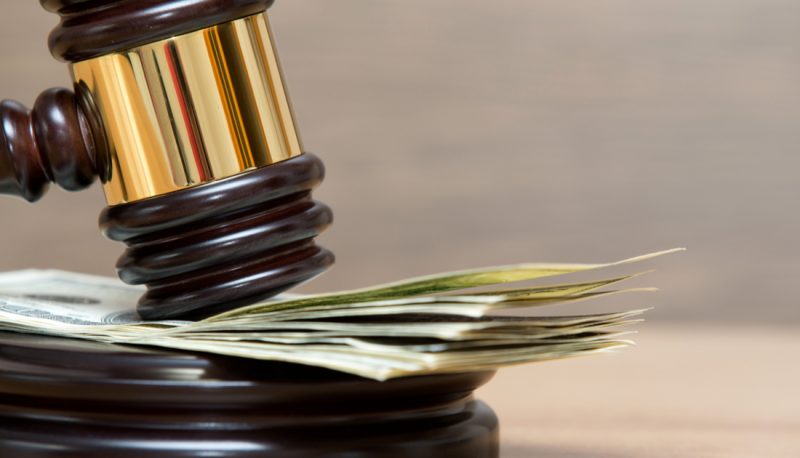Judge Gabriel Sanchez, nominated by President Biden to the US Court of Appeals for the Ninth Circuit, cast the deciding vote to allow a lawsuit seeking damages from a government official due to anti-Semitic discrimination and other misconduct to go forward. Dissenting Trump judge Patrick Bumatay would have dismissed the case based on qualified immunity. The June 2023 decision was in Ohana Control Sys. Inc. v. Honolulu.
What is this Case About?
Michael Borochov owns a fire alarm company doing business in Hawaii. He and his company Ohana filed suit against Honolulu and several government fire inspection officials, contending that they discriminated against him and his company and cost them “tens of millions of dollars” because of discrimination based on Borochov’s Jewish religion and Israeli national origin. Several of the officials claimed the lawsuit should be dismissed against them because of qualified immunity, a judge-made doctrine that can prevent any damages award against government officials. They appealed to the Ninth Circuit when the district court refused to grant them qualified immunity.
All three judges on the Ninth Circuit panel agreed that the complaint did not contain sufficient allegations to find that two of the officials could be charged with violating Borochov’s rights, so the issue came down to whether qualified immunity was appropriate concerning the third official, Jeffrey Lee. The complaint maintained that Lee “harbored anti-Semitic feelings and a general animus” against Borochov, and that “based on these feelings” and “cloaked with the power of the state,” Lee had “falsely represented to one of Ohana’s clients that Ohana had failed a final inspection.” The complaint thus contended that Lee “singled out Ohana for differential treatment” since he “did not make” such “false representations to the clients of similarly situated” companies.
How did Judge Sanchez and the Ninth Circuit Rule and Why is it Important?
Judge Sanchez provided the deciding vote in a 2-1 unsigned ruling that affirmed the lower court’s holding that Lee should not get qualified immunity and sent the case back so that the case can proceed against him and the city and county. Trump judge Patrick Bumatay, who dissented, argued that the complaint had not shown that Lee had violated “clearly established law” in order to overcome qualified immunity. As the majority explained, however, the Ninth Circuit has “consistently” held that, based on a 2000 Supreme Court ruling, people have a “right to be free from differential treatment by the state without a rational basis,” particularly where discrimination is alleged. This accords with the general principle, the majority went on, that qualified immunity only shields government officials where a “reasonable person would not have known the alleged acts violate a constitutional right.”
The court’s ruling is important not only to Borochov and his case, but also to others in the Ninth Circuit, including California, Alaska, Arizona, Guam, Hawaii, Idaho, Montana, Nevada, Oregon, and Washington, who contend that government officials have violated their rights. According to the decision, officials cannot escape liability due to qualified immunity where they have harmed people by treating them differently “without a rational basis,” providing an important degree of accountability for government official misconduct. In addition, the ruling is yet another illustration of the importance of promptly confirming fair-minded Biden nominees like Judge Perez Sanchez to our federal courts.

